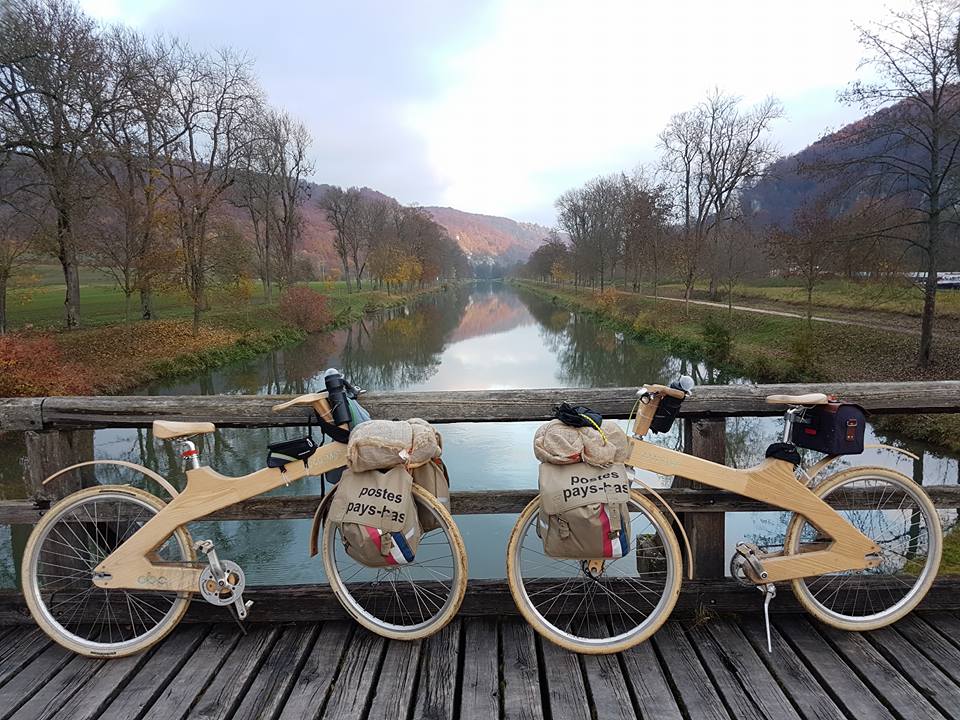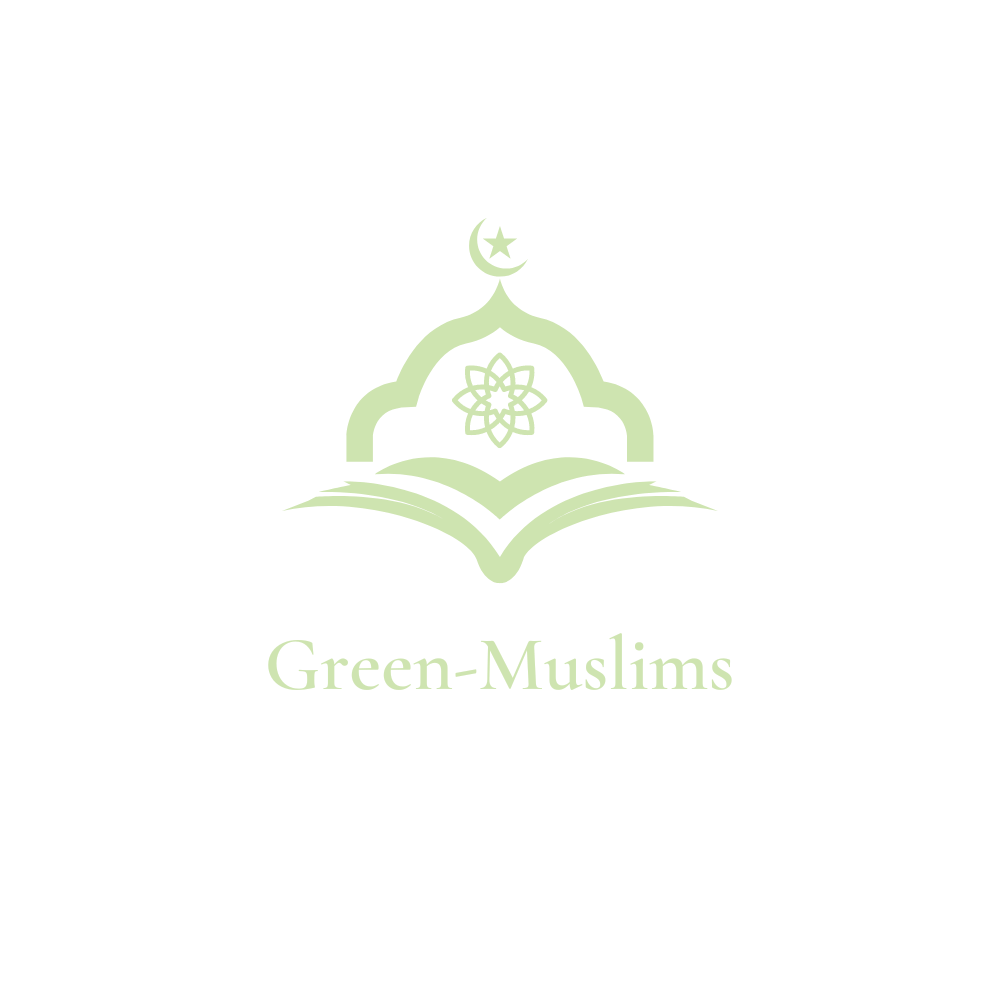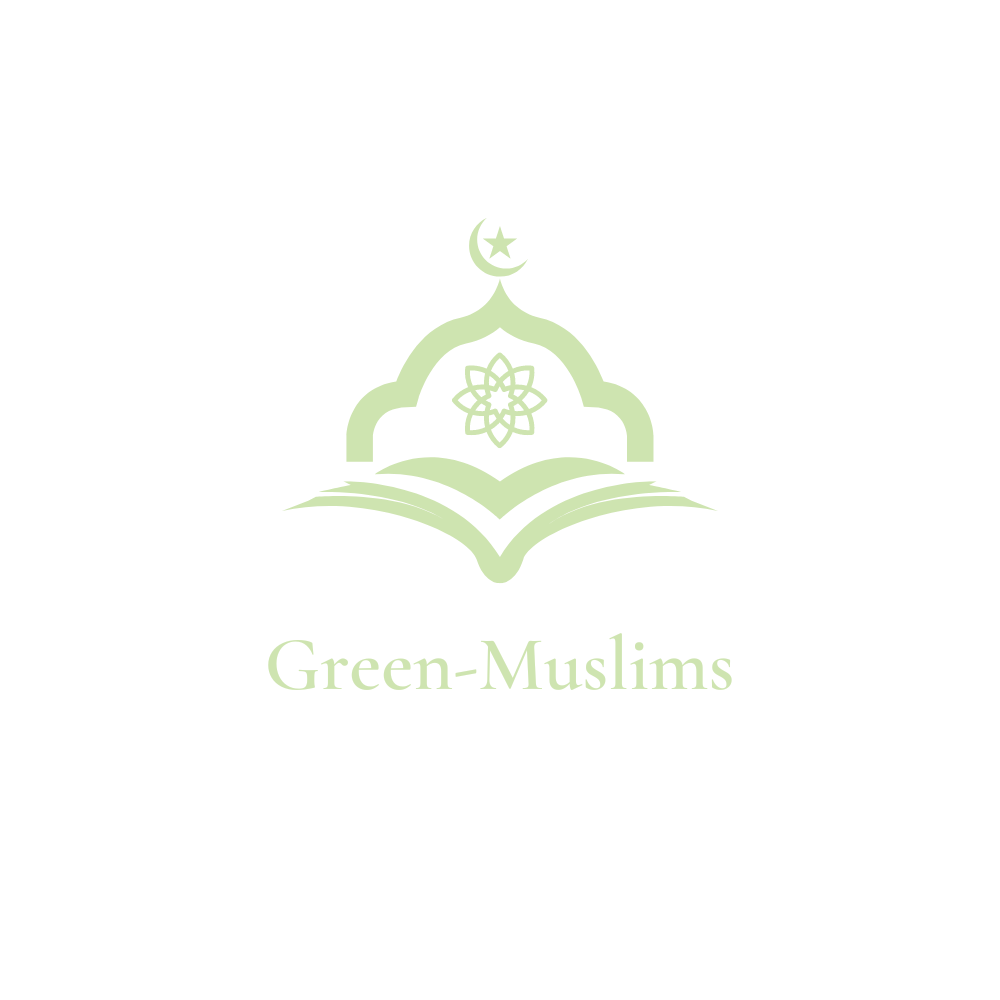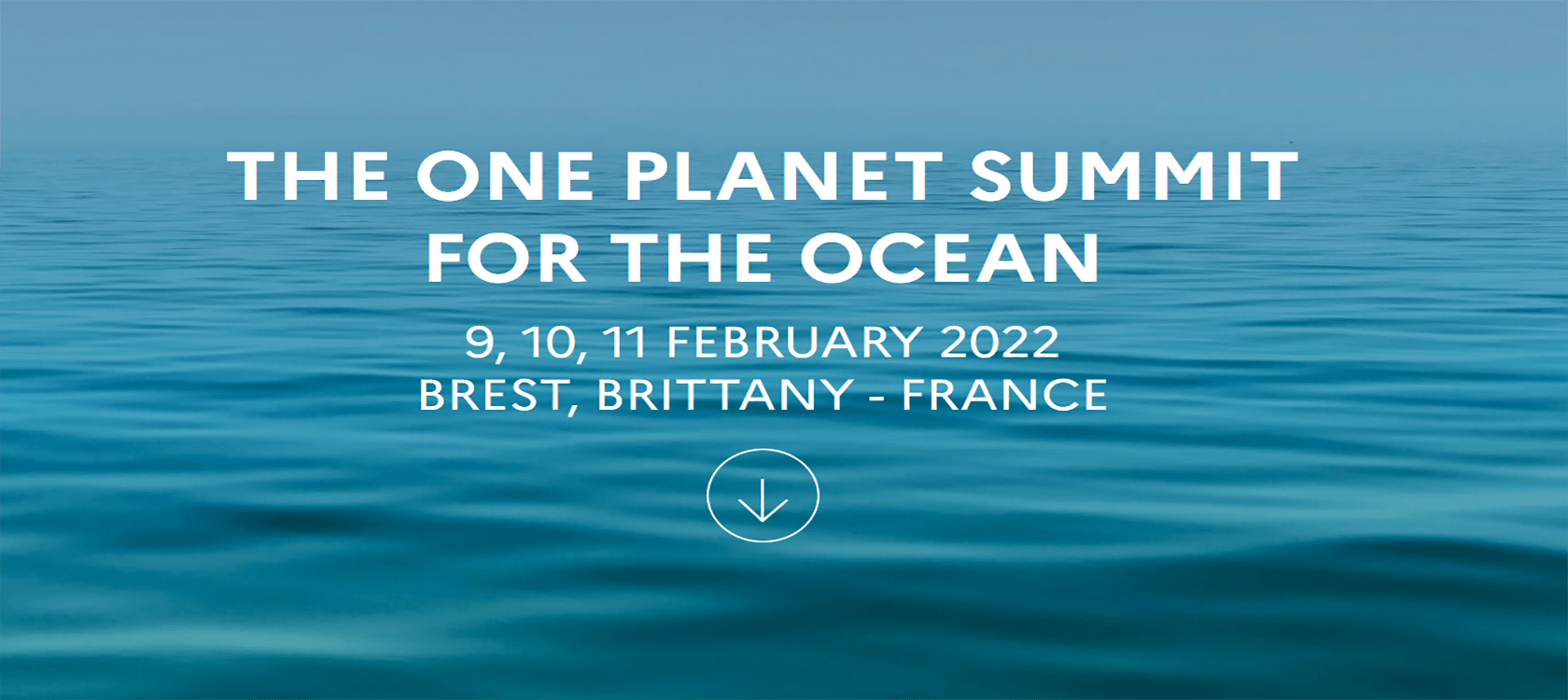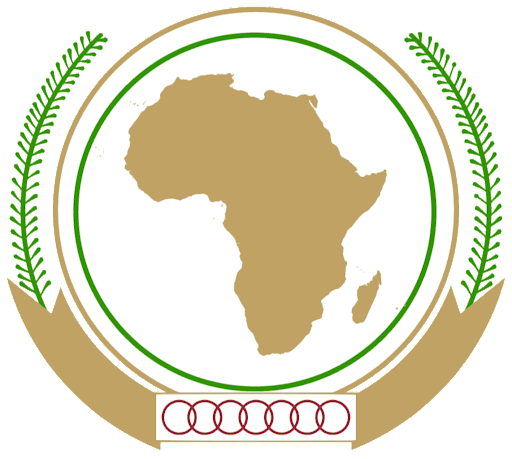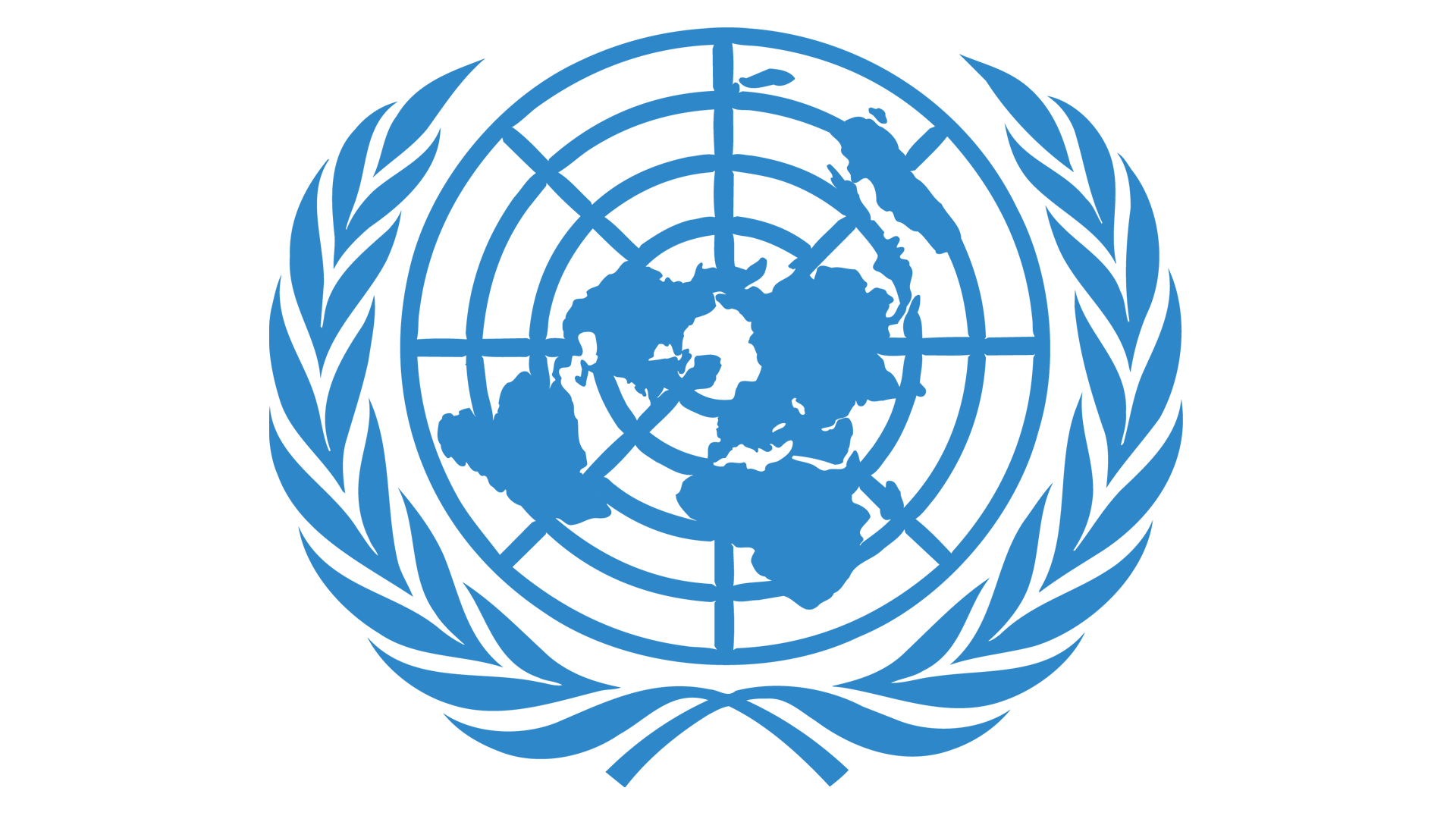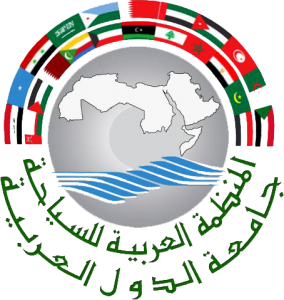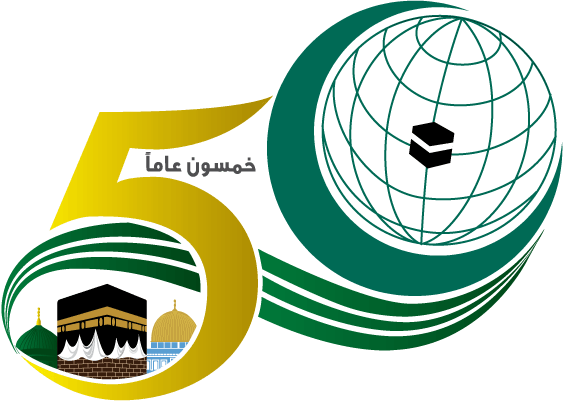Towards a greener life: sustainability in the Quran
The Quran is primarily a spiritual book, but it is also a 'green guide'. The message is also about our responsibility as human beings for everything that has been created. A responsibility to seek peace and keep the peace. We need standards, values and balance for this, both in our own inner world and in the outer world. After all, as human beings we are part of the world around us.
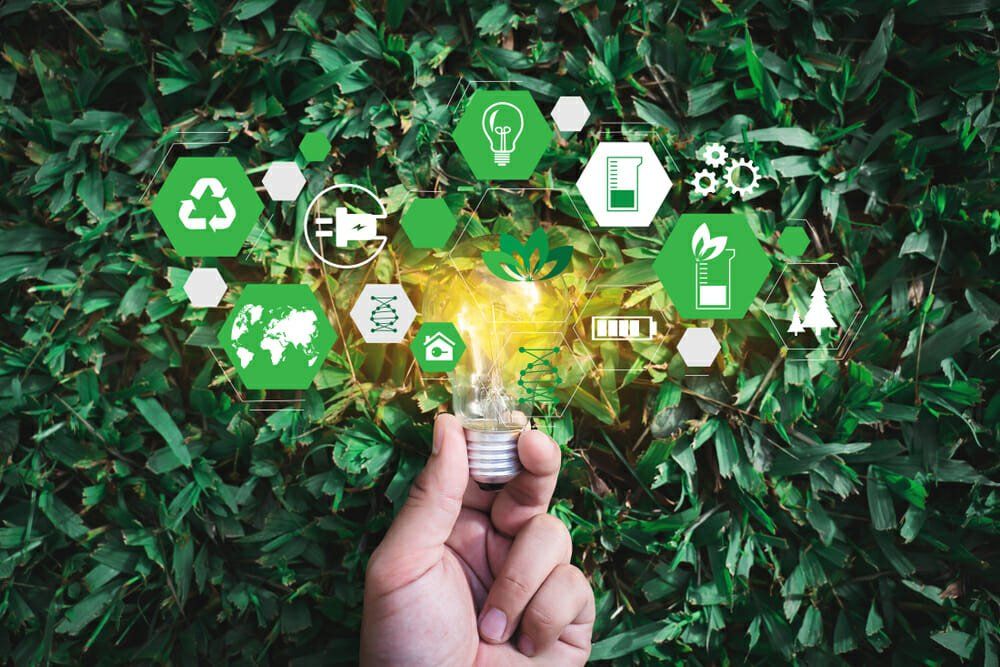
A series about sustainability
There is still a world to win. That is why I plan to take new steps towards a greener life in the near future. I also want to discover how sustainable Islam is. And how green the Muslims in the Netherlands are by shining the light on sustainable initiatives. This article on sustainability in the Quran is part II in the series on sustainability.
A greener life is not just about taking good care of our houseplants or pets, although that is important too. The Quran describes flora and fauna as a heaven on earth; as a reflection of the lush forests of Paradise that awaits man – in sha Allah.
The question is to what extent we feel responsible. Are we willing to take steps to make our lives more sustainable after reading the ayahs (verses) in the Quran?
Preventing corruption or destruction
Living a balanced, moderate life is easier said than done. In large parts of the world there is cheating. It's about pernicious things that seem almost impossible to get out of. Just think about what you eat in a day. To what extent is that food still natural? And to what extent are employees being exploited so that you can enjoy cheap food and drink and so that you can wear your beautiful clothes? The Quran says about corruption:
And strive with what Allah has given you for the last dwelling and do not forget your share in the present world. Do good as Allah has done you good and do not seek destruction in the earth. Allah does not love the mischief-makers.” (Qur'an 28:77)
When you think of corruption, you may initially think of fraud in healthcare and construction, tax evasion, money laundering and internet fraud. But also immorality and social injustice fall under corruption. You can also add tree felling, illegal landfill, pesticides and food fraud to the list. And how about food waste and all the waste that you throw away carelessly, and the 'plastic soup' that arises as a result? I already talked about this in the previous article about sustainability. It does not seem to affect us directly, but in the long term many people, animals and plants will become ill or die as a result of these forms of destruction. The Quran refers precisely to these great wrongs.
Harmony in nature
If we fail as humans to monitor and maintain harmony in nature and in our society, we will only further pollute our own living environment and our own hearts. Allah says in the Qur'an that we as a people will bring disaster upon ourselves if we do not take our responsibility:
Destruction is manifest upon the land and the sea by what men have done, so that He makes them taste a portion of what they have done. Hopefully they will repent. (Qur'an, 30:41)
You are "Khalifa"
In Arabic, the word for earthling is Khalifa (خلِيفةً). This is a beautiful word with different meanings including delegate, trustee, representative, administrator. We humans are the most intelligent beings on Earth and we are responsible for the well-being of our planet.
“And it is He Who has appointed you as stewards of the earth. He has raised some of you in ranks above others, to test you with what He has given you. Verily, your Lord is swift in punishment, and verily, He is Most Forgiving, Most Merciful. (Qur'an, 6:165)
This responsibility can also be found in the books of the Jews and Christians. In the Torah you will find instructions on how to behave like a noble janitor and in the Bible you will read about the first people who learned to sow and reap from the fields and to be in awe of the beauty of the earth.
We should take this responsibility as Muslims very seriously; this has been given to us in confidence. Anyone responsible for destruction and pollution is abusing his power and has broken this trust. Such a person fails as a human being and must regain trust.
Verily, We have offered the Amaanah (responsibility) to the heavens and the earth and the mountains, but they refused to bear it and feared it. But man took it upon himself. Verily, he is unjust and ignorant.” (Qur'an, 33:72)
Using water economically
As a Muslim community, it is also our duty to ensure that clean drinking water is available all over the world. It is a human right according to the United Nations, but that right is being violated in various parts of the world. According to the World Health Organization (WHO), polluted water causes about 1.5 million deaths worldwide every year. In many countries of Africa, more than half of the rural population has no access to clean drinking water. In addition, there are areas in the world where the tap is sometimes simply turned off for political reasons, such as in Palestine.
However, a lack of water leads to all kinds of health problems and death. There are still too many countries in the world that do not have access to (clean) drinking water. How is it possible that we worry about trivial matters when so many children and adults die from dehydration?
As Muslims, we believe that water belongs to Allah and that no one has the right to monopolize water. When governments sell the water supply to companies – as is also the case in the Netherlands – then you know that something is seriously wrong. There is enough water in the world for everyone and that water should be accessible to everyone.
What can you do?
It may seem like you are powerless, but you can – alone or with others – donate money to build a well in your homeland or in other poor countries in the world. You can also look for the responsibility closer to home and, for example, make the mosque aware that they no longer allow the provision of water bottles at Tarawih (the extra prayer in the mosque in the evenings of Ramadan). Even if it is well-intentioned; it is definitely not sustainable. You can also teach your children at home that when they perform wudhu (ablution), they put the water for it in a small bowl of water, as the Prophet (peace and blessings of Allaah be upon him) showed us. You can also ask your family members to shower less; there is really no need to stand in the shower for half an hour. Water is a great resource and a great favor from Allah. It is the source of all life.
“And He it is who created a man out of water, and made him kinsman and by marriage; your Lord is Almighty.” (Qur'an, 25:54)
Not only do all living things come from water; we are also supplied (with and from) by means of water sources, rivers and oceans inhabited by all kinds of creatures. In the Qur'an, Allah uses the analogy of life and death so that we recognize the value of water. Water gives life; water comes from heaven and from the soil from which we drink, with which we cook and wash and with which the earth comes to life.
“And Allah sends down water from heaven and gives life to the earth after its death. Verily, that is certainly a Sign for a people who listen.” (Qur'an, 16:65)
Create your own paradise garden
The Quran contains a wealth of information about horticulture and agriculture with facts 90% of which have now been confirmed by science. As in previous revelations, the Qur'an also mentions the healing power of plants and herbs, but in detail. Allah speaks not only about the creative design of the plant, but also about its nutritional value to encourage us to eat healthy.
“It is He Who sends down water from heaven, and We cause with it to grow all kinds of crops, from which We cause vegetables to grow (and) from which We cause to grow full ears. And from the date palms, from the butt of them, grow low-hanging bunches of dates. And gardens of grape bushes and olive trees and pomegranate trees, similar and not similar. Look at their fruits when they begin to bear and (watch) their ripening. Verily, in it are Signs for a people who believe.” (Qur'an, 6:99)
Among the crops mentioned in the Quran are garlic, grapes, pomegranate, various spices, dates, ginger, olives, lentils, onions, cucumber, figs, mustard and a variety of trees.
What can we learn from this?
Besides increasing your daily portion of fruits and vegetables, you could also go a step further. For example, why not grow your own organic fruit and vegetables? Start with a square meter of vegetable garden or grow your own herbs on your balcony, such as coriander, parsley and celery. You can also store the seeds from your organic fruit and vegetable waste and send them to Africa, where they will come in handy.
Plant a fruit tree in your own garden with your children, or participate in the annual tree planting day. Buy your own compost bin for your vegetable and garden waste. This way you make your own potting soil and the soil in your garden also becomes fertile. Don't forget to take care of your plants. They need daily water, especially in summer.
Why the emphasis on organic? The organic seeds are not treated with cleaning, anti-fungal or anti-germ agents. They are not harmful to bees and other animals.
Take time for tadabbor – moments of reflection
Walking or cycling in nature always gives you quiet moments of tadabbor (reflection). Be thankful for it and enjoy what we as humans have been given to beautiful views full of plants, trees, flowers, mountains and waters. These moments of gratitude and reflection can be seen as a form of worship, because you connect with the Creator. It is also healthy for you to enjoy nature, as researchers in Japan discovered when they investigated what walking in nature – called forest bathing – does to people.
“Those who remember Allah standing, sitting, and on their side, and meditate on the creation of the heavens and the earth (saying): 'Our Lord, You have not created this (all) without purpose. Exalted are You. Then protect us from the punishment of the Fire.” (Qur'an, 3:191)
Treat animals with dignity
Allah uses the word ummah (community) to make the comparison between man and animal. We have our social communities; animals have them too. There is immense beauty and majesty when you see a school of fish swimming or a flock of birds flying overhead. It incites you to wonder and brings you closer to your Creator.
“And there is not a living creature on the earth and not a bird that flies with its wings, but it belongs to communities like yours. And We have neglected nothing in the Book, and they will all be gathered to their Lord. (Qur'an, 6:38)
It is regrettable that animal rights are being violated in many parts of the world. Due to human activity, several animal species have become extinct or are threatened with extinction. As Muslims we are obliged to treat animals well. We will be punished if we have mistreated animals, as evidenced by the hadith of the woman who severely neglected her cat. And we are rewarded when we treat animals well, as many other traditions show.
There are many ayat (verses) in the Qur'an that are devoted to animals and some suras (chapters) are named after an animal species. Such as Sura 16: 'The Bee', one of the animals threatened with extinction due to humanity's use of agricultural poisons. We don't seem to realize that we're also endangering our own lives. But we don't have to sit still. We can help bees and other animals to survive.
Eat healthy and good food
Try the sahaba diet: the sahabas (companions) of the prophet Muhammad, peace be upon him, lived in poverty, but they were vital. Many of them were well-muscled and had toned bodies; they were powerful and well capable of doing physical work. They did not know laziness.
At the start of a meal, they started with "Bismillah", in the name of Allah. They ate with their right hand; took time to eat and chew; they sat down when they ate, and they ate small portions. They did not drink during or right after the meal, but they waited for a while to lower the food. They did not waste food and share it with others and covered all food that was uneaten.
They used to fast for 29 or 30 days in the month of Ramadan and they did not fast in the evening or during the rest of the year. We are not supposed to eat unhealthy food all year round to restore it by fasting. A varied and balanced diet is important to stay healthy and vital all year round.
Eat and drink in moderation
All religions and beliefs advocate moderate eating and drinking, for overeating destroys the human mind. Feed your soul and therefore eat and drink in moderation. Put a healthy meal on the table that you have cooked yourself. There is more love and attention in a meal that you have prepared yourself than in a ready-made meal that you get at the supermarket.
“Eat and drink of the mercies that God gives you, and do no evil in the earth by sowing corruption (Qur'an 2:60)
And isn't it about time that we put the emphasis on 'halal and tayyib' instead of just on halal. It is allowed to eat meat from an animal that has suffered, but it is certainly not good and healthy and therefore not tayyib! Instead of adopting a wait-and-see attitude, we should urge our butcher to want organic halal meat. You may think that this is only accessible to wealthy consumers, but the more Muslims demand for organic halal, the cheaper that meat will become.
If you're not yet convinced about the cost aspect, you may be open to eating less meat. Start with one day a week vegetarian and build that up to two or three times. Try it!
See the bigger connection
The Quran is a book for people who read, think and reflect. When so many verses are devoted to nature and the ecosystem, it's up to us to discover the larger connection behind it. Allah also calls us to this:
“Do you not see that Allah sends down water from heaven and then sends it down to wells in the earth? Then He brings forth crops of all kinds with it. Then they wither and you see them turn yellow and then He makes them to dust. In it is an admonition for the wise.” (Qur'an, 39:21)
He describes the Earth's crust and mountains as "pins" (16:15). He writes about sailing at sea (55:19-20). And about weather patterns (including 7:57 and 30:48).
Actually, all these ayas point us to our responsibility. Taking good care of the environment is in fact our religious duty and a sacred duty. We should also be an example in this and we as Muslims should actually take the lead in this. It is in all our interests because we are all connected to each other and to nature. After all, everything is created in harmony.
Take small steps; you can do it!
Make your own choices and walk your own path, but keep taking steps towards a greener life. You can do it!
As human beings, we are able to jointly repair what has been broken or to expose the injustice, in whatever form. Whether it concerns social injustice or environmental disasters; you are not completely powerless. It may feel like a drop in the ocean, but it will not be considered useless by Allah. You can mean something as a person. By standing up for those in need out of love for Allah (along with others); roll up your sleeves and develop green fingers; to consume; and show respect and love for nature.
